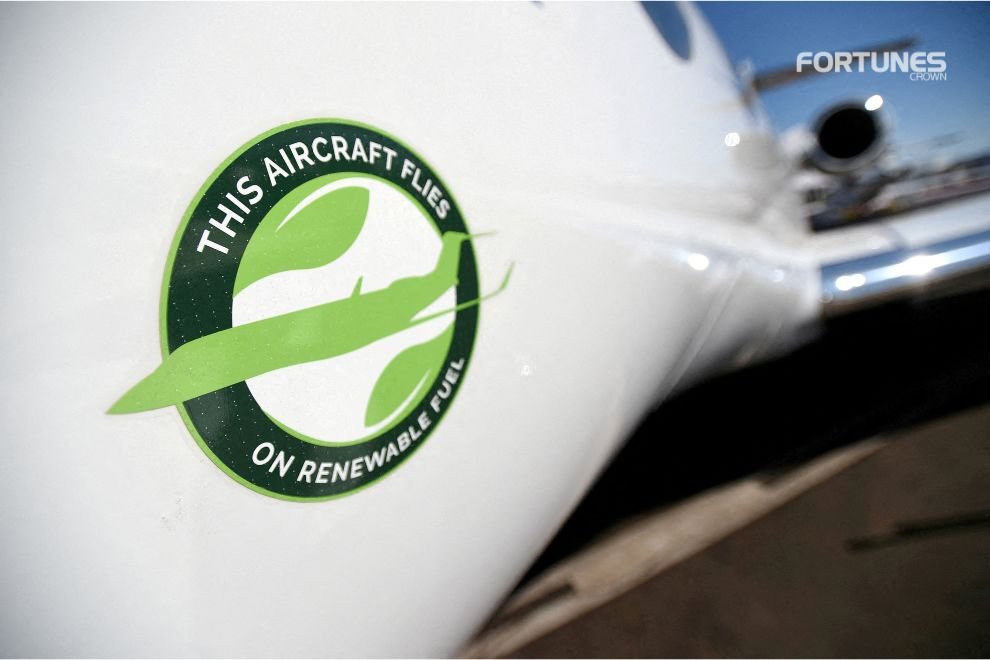A commercial airline will use 100% Sustainable Aviation Fuel (SAF), a fuel type with the potential to have a far smaller climate effect than conventional gasoline, on a transatlantic flight for the first time. Virgin Atlantic takes a major step.
Flying from London Heathrow to New York’s JFK, Virgin Atlantic is operating a Boeing 787 with both of its engines running on fuel. The flight is intended solely as a demonstration and will not carry any paying passengers.
The project represents a major step toward decarbonizing the aviation sector, which contributes 3% of human activity to climate change through emissions of both CO2 and non-CO2. Throughout its lifetime, using SAF might cut carbon dioxide (CO2) emissions by up to 70% when compared to fossil fuel-based jet fuel.
Critics counter that the flight is merely a publicity stunt and that the type of SAF the aircraft is using won’t significantly lessen the impact of aviation on the climate, despite Virgin Atlantic’s claims that employing SAF will cut the aircraft’s emissions by 70%.
Commercial Regulations
To ensure that these new fuels are safe to use at larger percentages, engine manufacturers and aviation authorities are collaborating to restrict airlines from using a blend of more than 50% SAF on commercial flights.
“Historical data tells us that a significant proportion of LHR-JFK flights form contrails that we can see in satellite imagery. SAF-formed contrails are likely to be shorter-lived, so this provides us an unparalleled opportunity to track and analyze these contrails and study their likely climate effect.” Said Dr Roger Teoh, Department of Civil and Environmental Engineering.
Scientists from Imperial and Sheffield are in charge of the scientific investigation on how Flight 100 will affect the climate. The team, which consists of Georgia Gamble and Joel Ponsonby, Ph.D. candidates at Imperial, assessed particulate matter emissions from a smaller-scale aircraft engine before to take-off and verified that SAF decreased particulate matter emissions.
To analyze the contrails that developed over the North Atlantic region in general and on the LHR to JFK route specifically, the team also examined historical weather and air traffic data.
Flight Test
Following several technical inspections including 100% SAF ground tests on the same type of engines used during the flight, the UK Civil Aviation Authority awarded a special permit to execute the flight.
This flight is the most recent in a run of tests with 100% SAF. Emirates used it to power one of the Airbus A380 superjumbo’s four engines last week. Gulfstream, a manufacturer of business jets, claimed to have conducted the first-ever transatlantic trip using only SAF a few days prior. There have been previous instances of large twin-engine planes utilizing 100% SAF on both engines, but these were military aircraft.







